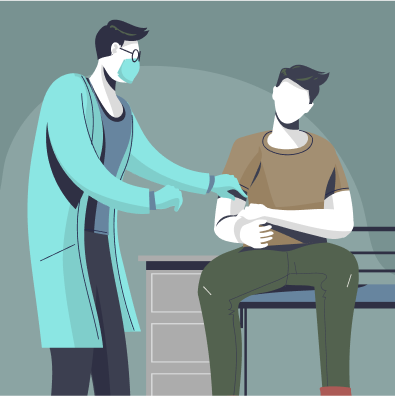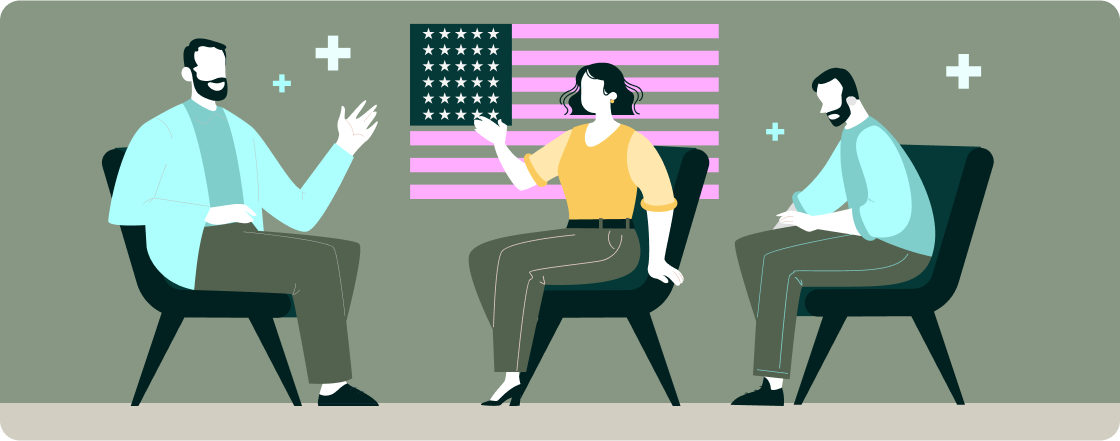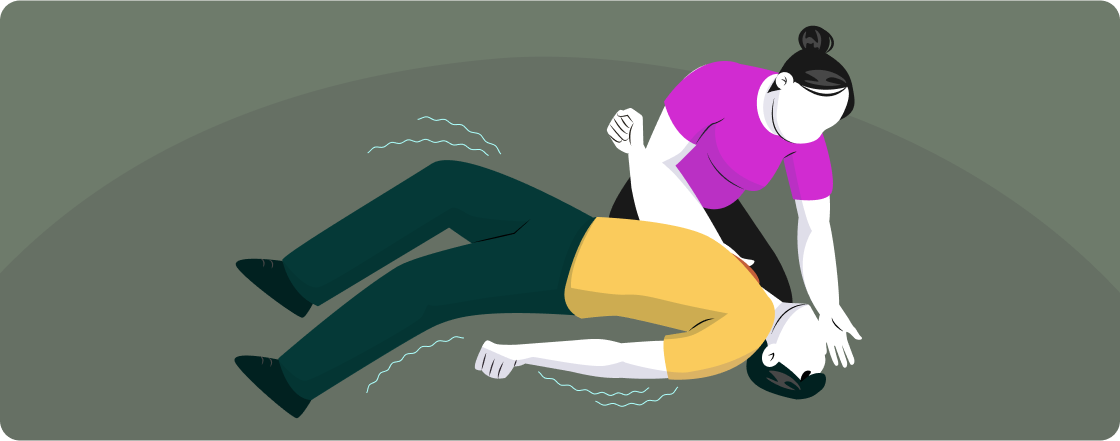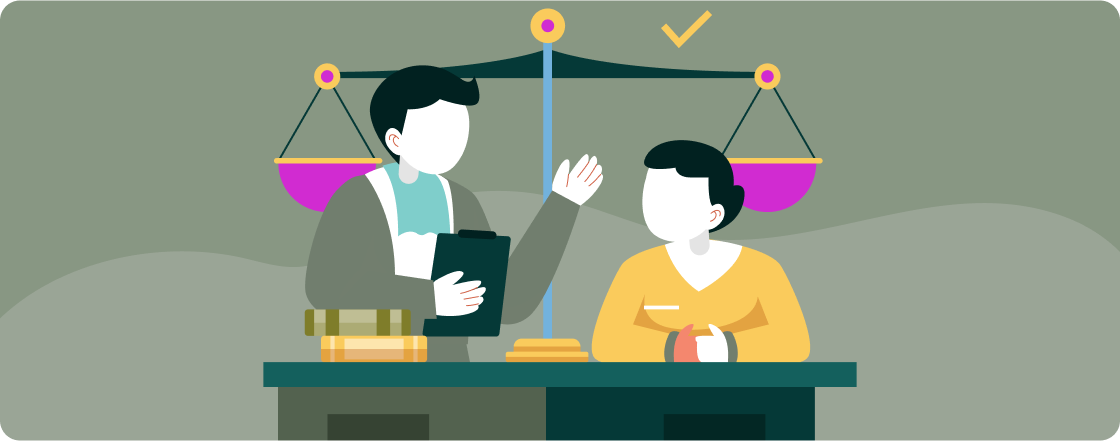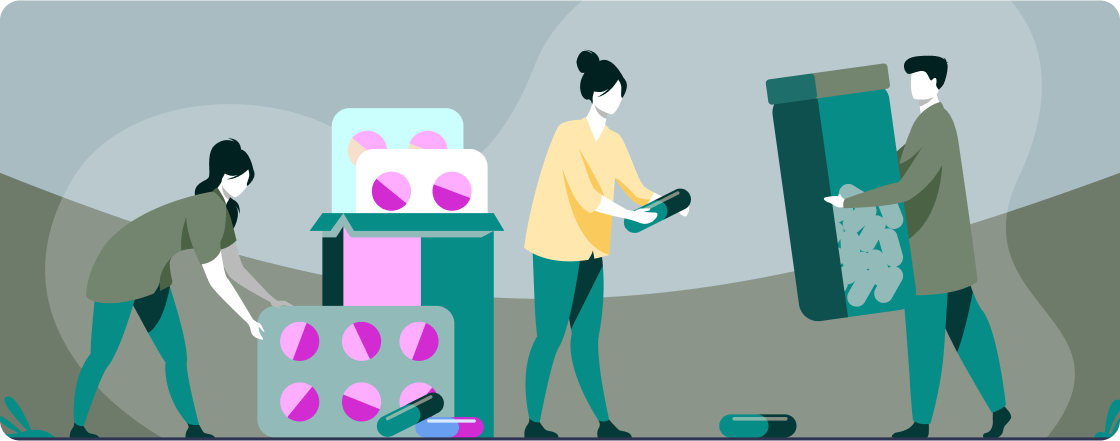
Is Gabapentin Addictive? What You Should Know About Dependency and Safe Use
Gabapentin, commonly prescribed under the brand name Neurontin, is often used to treat nerve pain, epilepsy, and sometimes anxiety or sleep disorders. While it’s not classified as a controlled substance at the federal level, concerns about misuse and dependence are growing—especially when gabapentin is taken without a prescription or combined with other drugs.
What Is Gabapentin and How Does It Work?
Gabapentin works by calming overactive nerve signals in the brain, which can reduce seizures and ease nerve-related pain. It doesn’t affect dopamine the same way addictive drugs like opioids or stimulants do, which led many to believe it had a low potential for misuse. However, recent studies and clinical reports suggest otherwise. According to a 2022 article in the journal Substance Abuse: Research and Treatment, gabapentin misuse has risen, particularly among individuals with a history of substance use disorder.
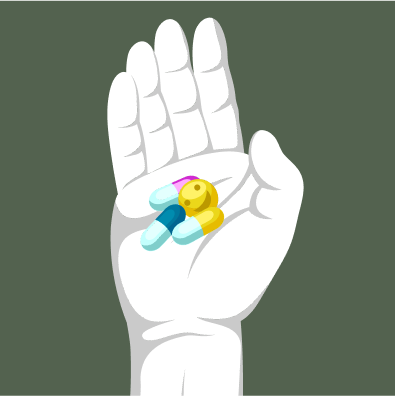
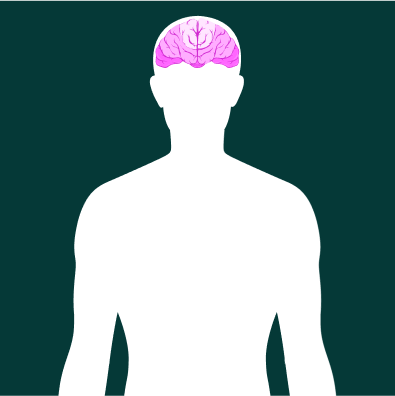
How Gabapentin Affects the Brain and Body
While it’s not a classic “feel-good” drug, gabapentin can cause euphoria, sedation, and dissociation at high doses. Over time, the body can develop tolerance, requiring larger amounts to feel the same effect. Users may experience dizziness, fatigue, blurred vision, and coordination problems. If stopped suddenly after prolonged use, withdrawal symptoms can include anxiety, nausea, sweating, agitation, and even seizures.

Can You Become Dependent on Gabapentin?
Yes—especially with long-term or high-dose use. Psychological dependence may develop when someone relies on gabapentin to sleep, cope with stress, or manage anxiety. Physical dependence is also possible, with some users reporting withdrawal symptoms after just a few weeks of consistent use. The risk increases when gabapentin is misused (taken without a prescription or in higher-than-prescribed doses), or combined with opioids or alcohol.
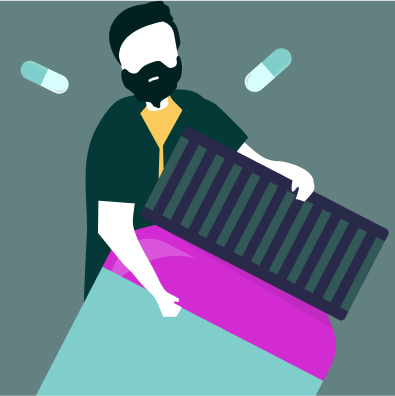
What to Do If You Think You’re Dependent on Gabapentin
If you find yourself increasing your dosage without medical guidance, or if you feel unwell when trying to stop, it’s time to seek help. Talk to a medical provider before making any changes—quitting cold turkey can be dangerous. A tapering schedule and professional support can minimize withdrawal symptoms and increase your chances of long-term wellness. Treatment programs that offer dual diagnosis care can also address underlying mental health issues that may be contributing to misuse.
Gabapentin may be helpful when used correctly—but it’s not without risks. Understanding how it affects your body and brain is the first step toward safe, responsible use—or recovery if you’ve already developed a dependency.
